Plenty of great movies are celebrating milestone anniversaries in 2022, from Signs (10 years), to Cool Hand Luke (50), to Nosferatu (100), giving cinephiles plenty to celebrate. Looking back on all these films and more, one often sees a pattern of classics that stand the test of time and are relevant for any era.
But then there are movies that, great or not, mark themselves very clearly as being products of their time, whether in their stories, types of characters, or even just a general vibe. These films could not have been made in any era other than when they were made, and become time capsules for a specific moment in time.
Be Kind Rewind (2008)
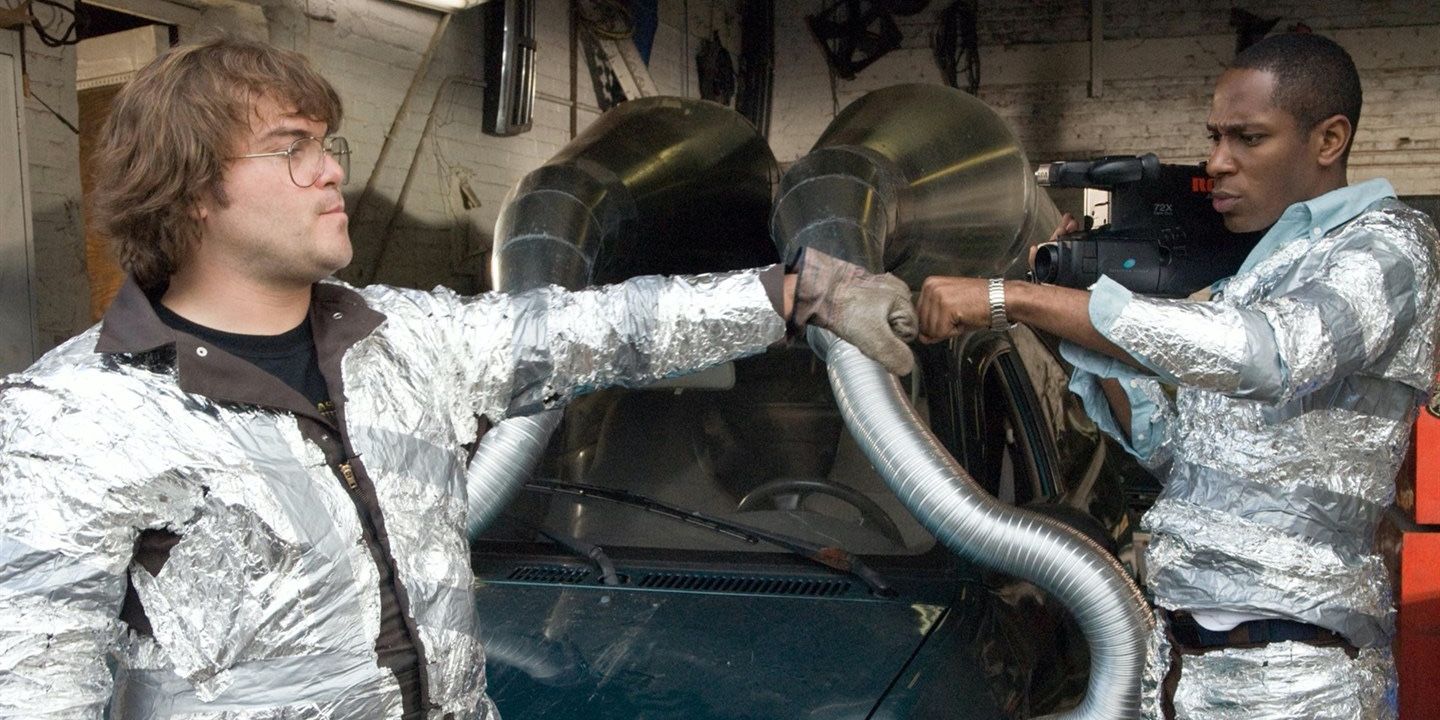
As a movie that portrays a video store as a pillar of an urban community, Be Kind Rewind was probably destined to become a time capsule of a bygone era. Store owner Elroy Fletcher is portrayed as old-fashioned for only stocking VHS tapes (already a dead format in 2008), and big chains have a power they no longer possess.
Be Kind Rewind‘s age also shows in how protagonists Mike and Jerry make their “Sweded” films without the aid of visual effects or even editing software that is readily available for no-budget filmmakers today. The movie’s dated-ness actually works to its advantage, making the main characters plucky underdogs.
Black Caesar (1973)
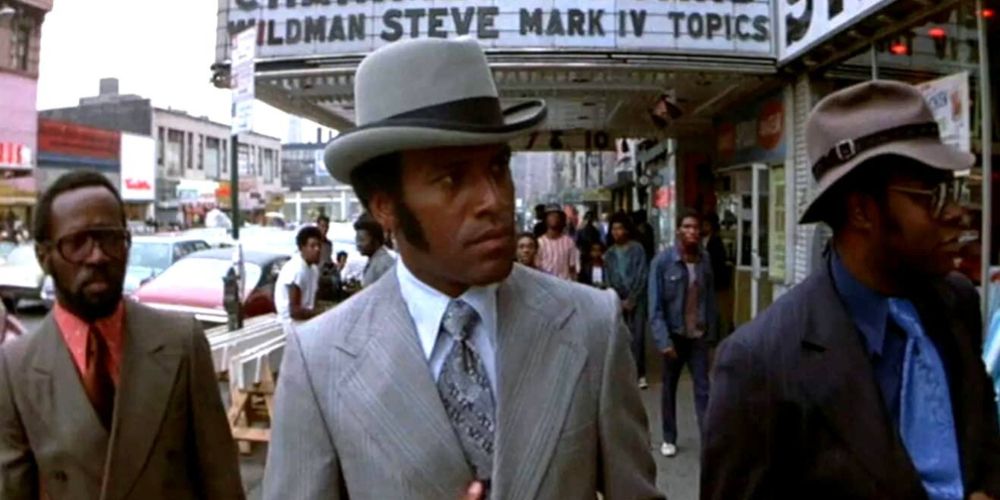
Blaxploitation was one of the touchstones of early/mid ’70s cinema, and remains one of the most beloved action subgenres. Black Caesar is a classic, but it lives and breaths ’70s in ways that go far beyond its slang, fashions, and showing Times Square as a place of vice and sin.
The movie opens with protagonist Tommy Gibbs working as a shoeshine boy, a job that has gone out of fashion as attitudes toward child labor laws have changed. He also becomes very powerful when he gets his hands on the mafia’s ledgers, something that would never happen in the days of computers and flash drives.
Mission: Impossible (1996)
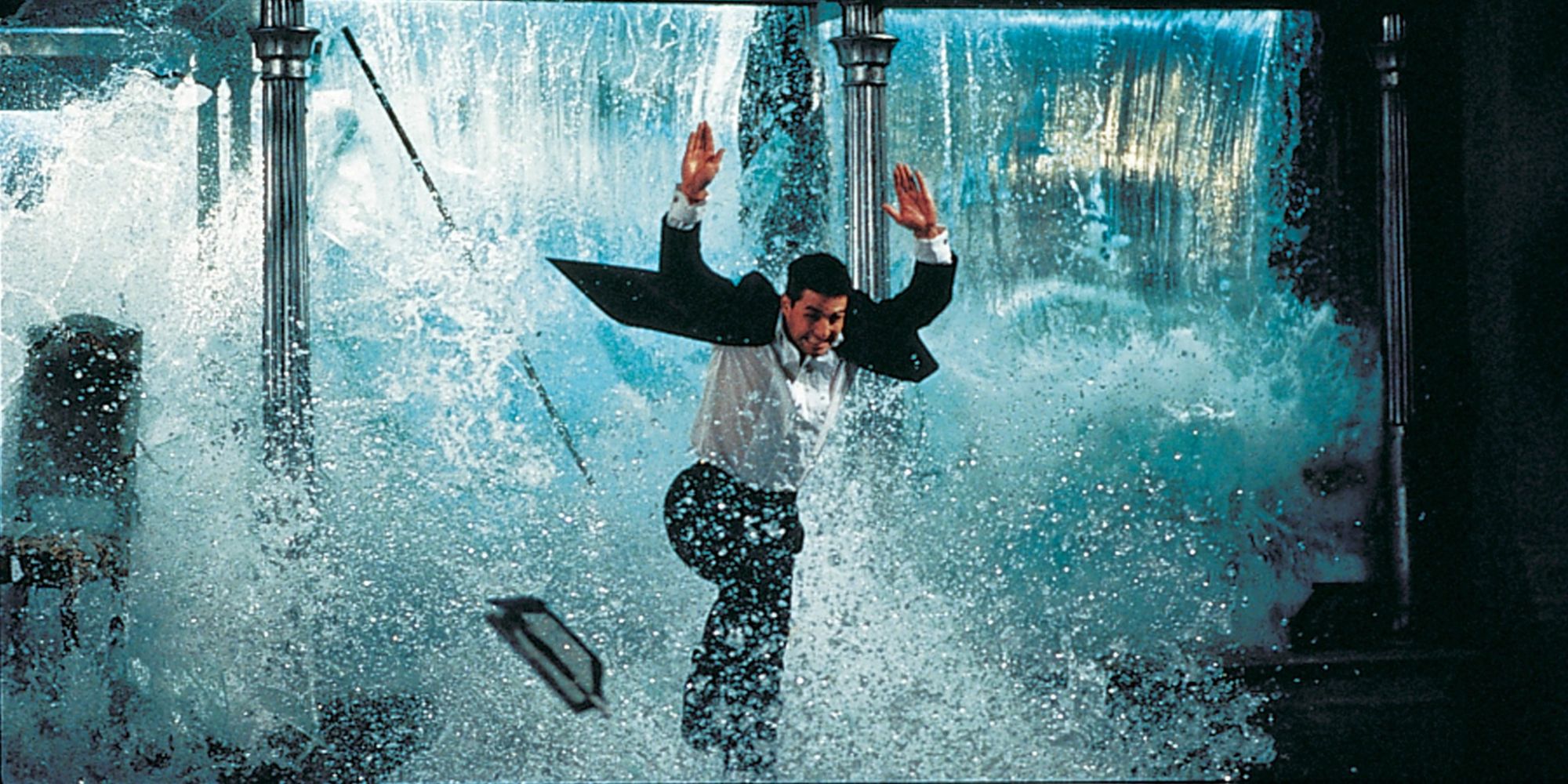
The Mission: Impossible franchise has been firing on all cylinders lately, but fans shouldn’t forget the 1996 movie that introduced Ethan Hunt to the world. The basic plot of Hunt trying to clear his name after he’s framed for the murders of his team translates well today, but many of the details scream mid-90s.
For little things, one need only look at how Mission: Impossible portrays technology, with the large, bulky laptops, information on floppy disks, and the use of Usenet as a search engine. There’s also TV series protagonist-turned-villain Jim Phelps’ feelings of uselessness after the end of the Cold War, then fresh in everyone’s mind.
Die Hard (1988)
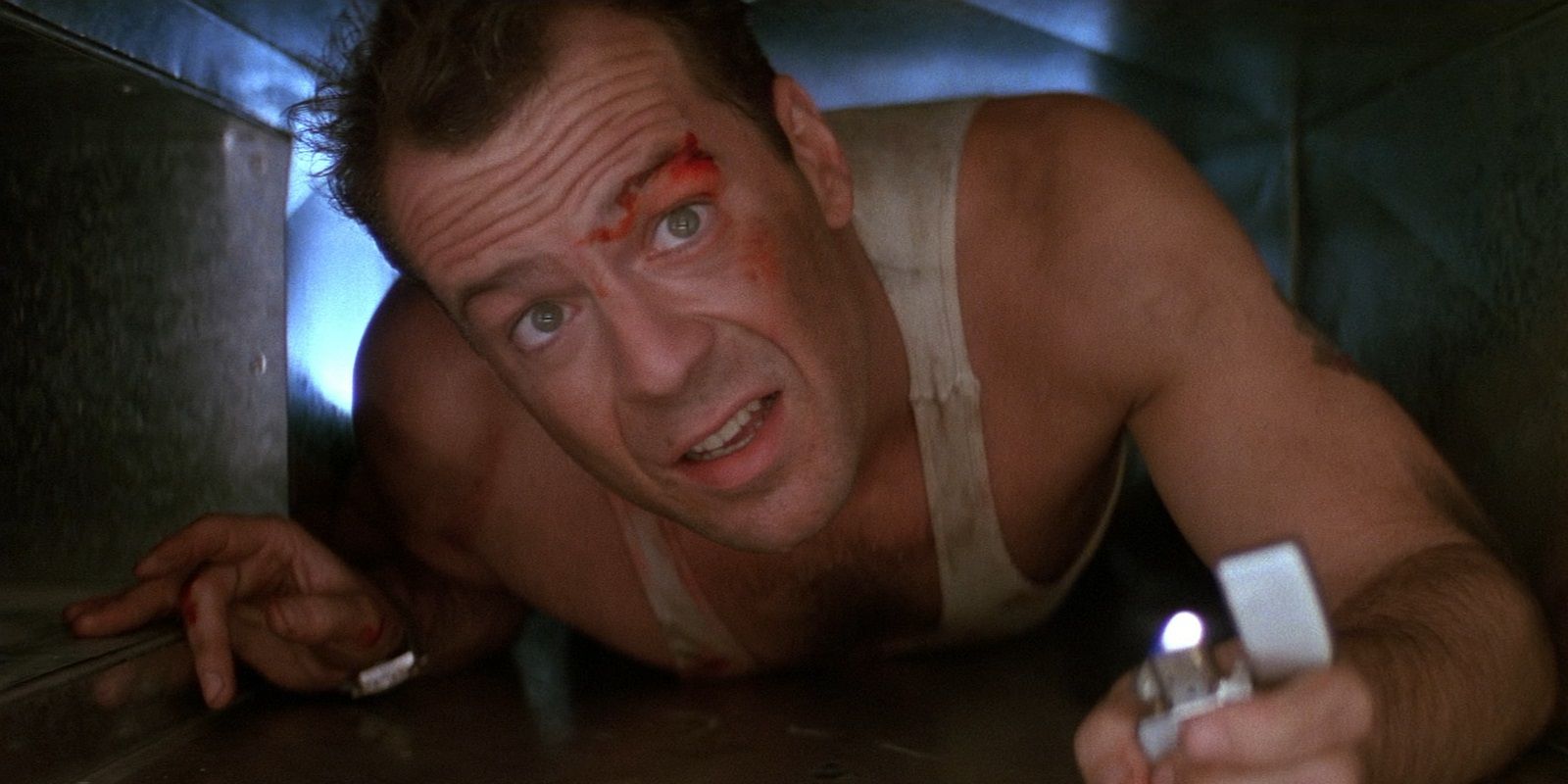
Die Hard set a new standard for action movies back in ’88, with its confined setting spawning a whole subgenre, and John McClane showing that heroes didn’t need to be invincible muscle men to be compelling. The film is arguably more beloved today, but some important things would definitely not be the same if it were made in 2022.
One of the most important things Hans Gruber and co. do to take control of Nakatomi Plaza is cut the phone lines, which wouldn’t be a killing blow if McClane had a cell phone. Nakatomi Corporation being a Japanese company also hearkens back to a time when Japanese businesses seemed invincible.
Love Actually (2003)
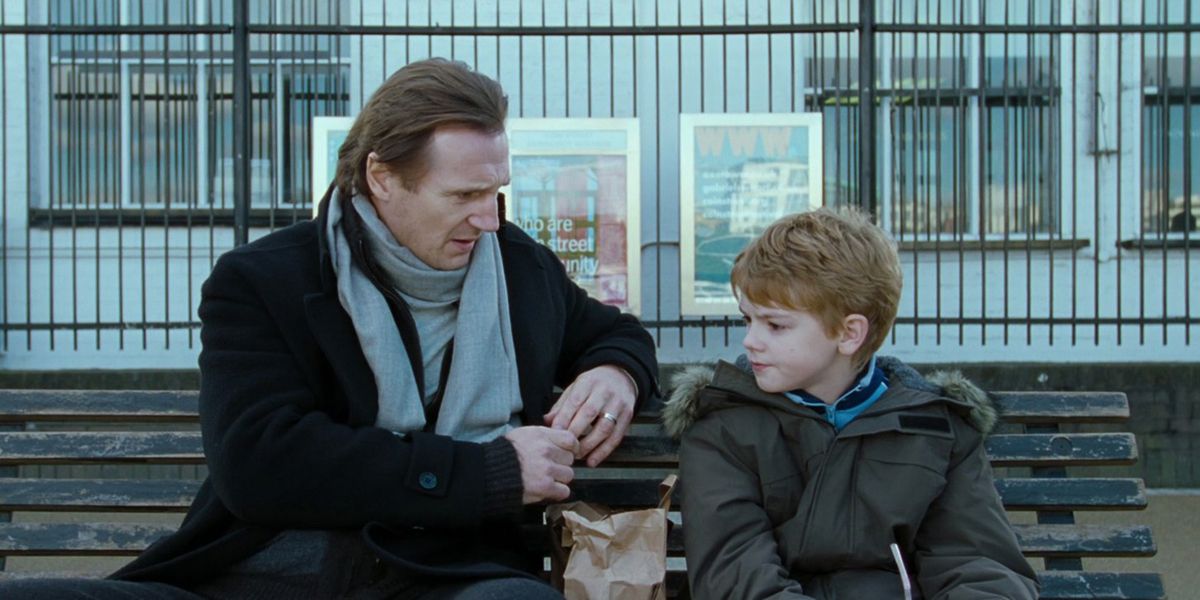
Since its release, Love Actually has built up a reputation as a great Christmas movie that intertwines various stories. One could also make the case that it’s one of the most perfect time capsules of the early 2000s.
The most obvious things pointing to 2003 are in how it portrays David, the Prime Minister of the UK who is clearly modeled off then-PM Tony Blair, and his American counterpart is a President who behaves like a Clinton/Bush hybrid. David’s opening narration also directly references 9/11, which had only occurred two years earlier.
Taxi Driver (1976)

A dark, disturbing look at mental health conditions, vigilantism, and urban decay, Taxi Driver is one of Martin Scorsese’s masterpieces, and features Robert De Niro giving one of his best performances. It’s a great psychological thriller, but it’s also worth a look for anyone who wants to know what New York City was like in the ’70s.
The Big Apple Travis Bickle lives in is a wretched hive, where crime is rampart and one can frequent a porno theater on Times Square. There’s also Bickle’s titular job, which was a staple of any big city at the time, but has now been partially supplanted by ride-share drivers.
Unfriended (2015)
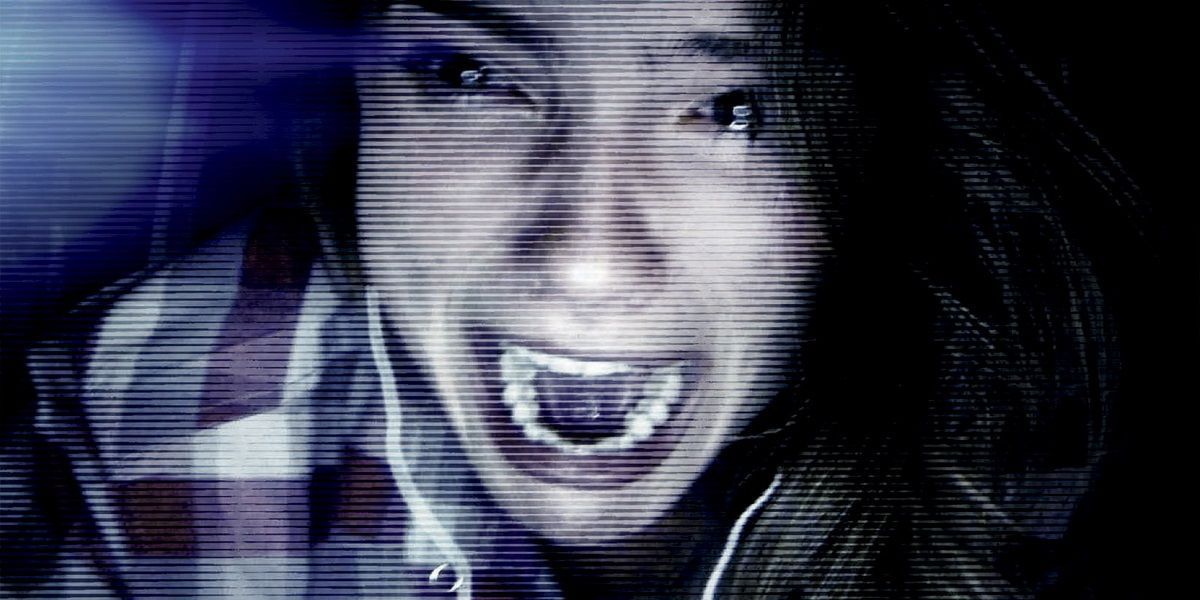
Unfriended was a big hit for Blumhouse, bringing in over $62 million on a modest $1 million budget. With a premise revolving around a haunted Skype call, and with so much focus on social media, the movie had a unique gimmick, but it’s one that was perhaps destined to be dated in a world where technology updates so quickly.
While Unfriended‘s protagonists are frequently seen going on Facebook, there are now many social media platforms that are more popular among teens, particularly Snapchat and TikTok. The movie also features LiveLeak, which shut down in 2021 after years of controversy regarding its graphic real-life violent content.
Stripes (1981)
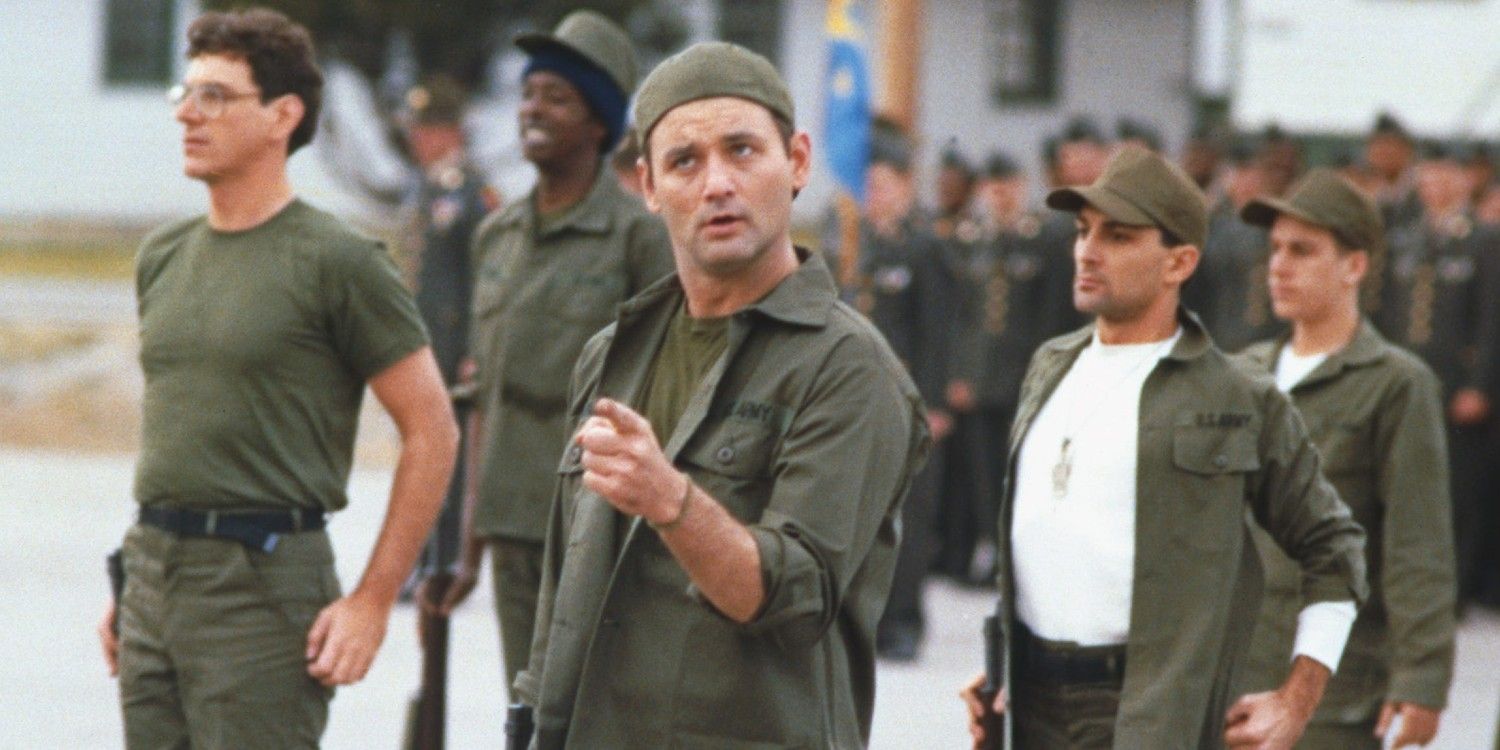
A fun, lighthearted comedy about two friends who enlist in the Army, Stripes is an early ’80s classic featuring vintage Bill Murray at his finest, and it remains one of director Ivan Reitman’s most popular movies. One thing that makes the movie interesting today is how perfectly it captured the early ’80s mindset about the military.
John and Russell join the Army thinking they can slack off, and although they quickly learn otherwise, their mentality makes sense in an era in which nuclear fears led many to think of ground forces as a sideshow. More seriously, the two are asked during their recruitment interview if they are “homosexuals” since being gay could get one discharged back then.
The Jackal (1997)
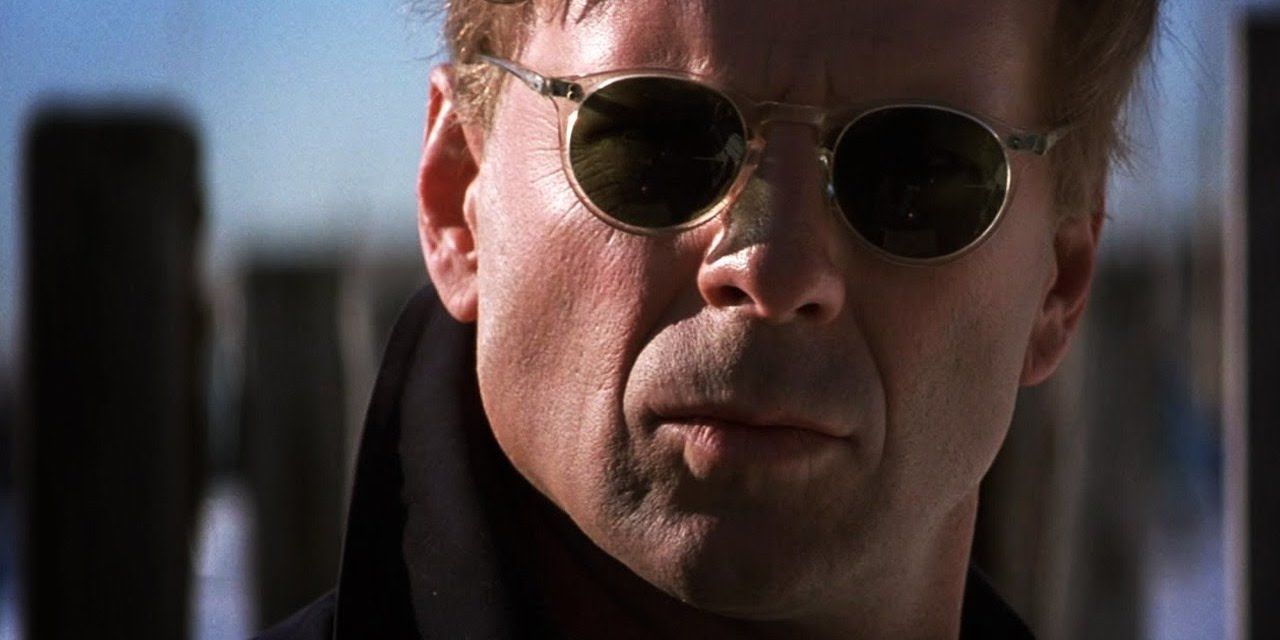
A loose remake of the 1973 classic The Day of the Jackal, The Jackal dispensed with the original’s period setting and set the story in the then-present day. The fact that the plot kicks off with a joint American-Russian police operation is probably enough to date it to the ’90s, since the two countries had friendlier relations back then.
However, the thing that most clearly marks the movie as a pre-9/11 piece is the fact that protagonist Declan Mulqueen is a former IRA operative. He’s portrayed as a good guy who never targets civilians, but it’s still a reminder of how American films could portray a terrorist organization as heroic back then.
Wayne’s World (1991)
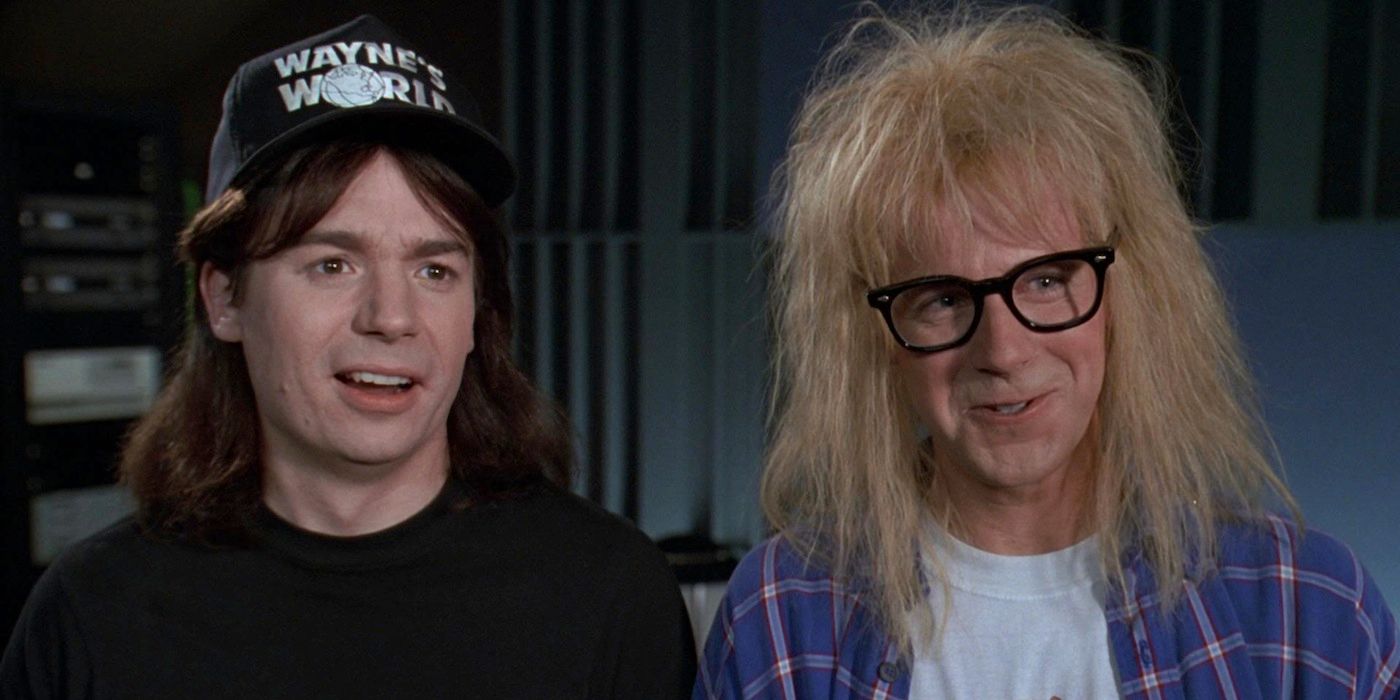
Wayne’s World is often considered one of the best SNL sketches, and its big screen adaptation set a standard that few of its successors even came close to matching. The movie has a large cult following for its hilarious gags, Mike Myers and Dana Carvey’s chemistry, and its ode to the late ’80s/early ’90s rock/metal scene.
The artists Wayne’s World pays tribute to (e.g. Alice Cooper) are still beloved today, but being portrayed as at the top of the charts dates the movie to a pre-grunge time period. Wayne and Garth’s public access show is also a product of the pre-internet age, with YouTube making it far easier for content creators to get their work seen by a worldwide audience.




